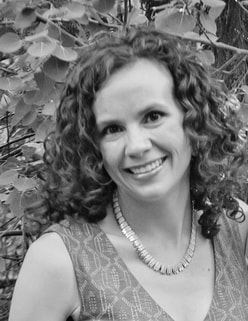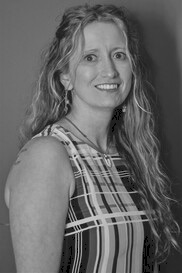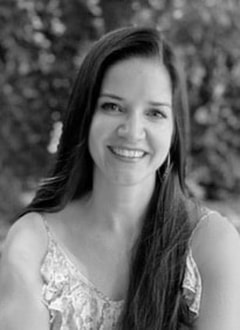The Burnout Girls
The Burn Clinic started when owners, Talia Sierra and Heidi Brown suffered their own experiences with burnout. In the midst of our own personal burnout crises, we were disappointed to find there was a lack of practical help and strategies available to providers suffering from burnout. There was a copious amount of research, but very few resources had anything to help practically apply strategies in a meaningful way. Since then, we have been incredibly fortunate to add Hope Cook to the team, another PA burnout survivor and incredible coach and leader. The Burn Clinic is about creating a community of support and decreasing burnout in healthcare professionals. Our mission is to reduce burnout in healthcare by applying innovative strategies toward the treatment and prevention of burnout in an effective and meaningful way and to help you find your fire.


